These two posts will be longer than usual due to the bulk of info I want to lay out.
You will end up using your voice for thousands of hours in your 7.5 hour job in the music room. If you use your singing voice on gigs in your 16.5 hour business, add a few more thousand hours.
To use your voice so that people hear it without amplification, you have to continually project your sound to the back wall of the room, not to the students in front of you. The idea is your voice needs to go at least two feet further than the back wall. That doesn't mean it has to be loud. It means has to have weight and forward movement and sound like it is coming from everywhere.
Big Singing
Singing and teaching will take a toll on your body, especially your vocal cords and sinuses. There are five steps that I teach kids about “big” singing that also apply to teacher phonation in the classroom. Often, it is music teachers who are the ones who break these rules the most.
Here are the “Holmes’ Rules”: no hands on face, no screaming, open your mouth, move your lips, and move your tongue. If music teachers did a little bit more of each of these on a minute-to-minute basis, they would get a few more dB out of their voice with everything they said or sang. They wouldn't be pushing the cords to the point of potential pain or injury. The next time you teach, check those five things and see if you're following my five guidelines.
Teaching Space
The larger the classroom and the deader the room, the more your voice has to work.
My first teaching gig was in a small, fairly dead, carpeted room. I've been in walk-in closets that compared to the size of my first teaching room.
I was teaching at a small ultra-private day school. Enrollment at the elementary level from pre-k to grade four was approximately 180 kids. It was very easy for me to vocally cut the room, given that I could almost jump from one wall to the other. I had a bright Hamilton upright that had a brittle quality to it, and even though the guitar I used was a Yamaha classical played with a pick, it filled the room.
There was no need for application of any kind, even when the kids were in “scream” mode. The elementary gig morphed into a junior high chorus gig in a medium high ceiling, plaster walls, wooden floor room that had a beautiful but beat Steinway - again, no need for application.
Then I was fired.
More about that in another post.
My next gig was teaching at a school for children with cognitive and orthopedic disabilities.
No more big room. No more Steinway.
Their disabilities were profound. I had no classroom. I had a cart and a guitar in a case that I cared from room to room.
If you didn't know this before, let me state it here: performing, especially singing, in emotionally-charged settings, is extremely debilitating to your vocal instrument. While your eyes might well up, your voice goes dry. Any general stress or apprehension will have the same incapacitating effect.
My first few classes at my new school were stunningly bad. By this point in my career, I was singing professionally several nights a week so I knew I had a voice but the emotion of the situation robbed me of a sense of security and confidence that are paramount to vocal performance. I felt like I was back to square one – and I was. It took me a few days to get my focus together.
As I got a grip on my emotions, my vocal technique came back. The teacher who had the gig before me was desperately afraid of all these children in wheelchairs. The story goes that after her first day on the job, she rushed into the principal's office and said, “Do you know there are kids that can't even sing in the school?” Which leads to the question: how did she ever get hired?
Apparently, she would hide behind an upright Hamilton that she pushed from room to room just so she had something she could hide behind. From what paras told me, I don't think she ever got a handle on her emotions. It’s not a job for everyone.
I was extremely fortunate to have a cadre of therapists to guide me at my beginning weeks. The speech pathologists were invaluable. I had been doing a lot of reading about proximity effect and knew that I was going to need to be closer to some of the kids but also realized that I couldn't be next to everyone all the time.
I saw an ad for a portable lavalier PA system in a journal, pitched the speech pathologists and my principal on it, and they bought it for me. I was able to wear a lavalier mic around my neck, and place a speaker at the most efficient location for kids so that even when I moved away from them, my voice was still slightly amplified near the back of their head. It worked like a charm.
Flash forward sixteen years. I was told by my boss’ boss, “If you’re good enough to win a handful of awards in a school for 100 kids with disabilities, I’m going to put you in a school with 600 students where you can have more impact”. Can you say “let's throw some water in the soup”? I was now back to teaching general education music six classes a day but I was now 25 years into a career and not quite the spring chicken I was when I started my classroom teaching career.
My new room was much larger than my first classroom and I had upwards of 30 children at a time. My chorus was somewhere around 100 children on a school stage at a time. At times, choruses were combined at 200 kids. While I knew I had vocal chops and could throw my voice to the back of the rehearsal stage, I saw potential burn-out. I needed sound reinforcement.
As I've mentioned in other posts, there's the 7.5 hour job that we all have occupations as teachers and then there's the 16.5 hour business we have where we cultivate our brand and personal business. I had been accumulating sound gear from my first days as a teacher and performer during those 16.5 hours. I brought in Peavey Bandit amp with a 12in speaker, a couple of Shure SM58 mics, an unpowered Boss 16-channel line mixer, a boom mic, and assorted cables into my classes and rehearsals. Since my Bandit only had two inputs, I needed the mixer for more inputs.
I used my little PA system religiously.
Here are the advantages for you if you go in this direction:
You never have to raise your voice, just turn up.
Your emotional level remains static, there is no need to shout or push your vocal cords.
Most kids have never encountered a teacher that uses a microphone, so there is a novelty to it that keeps their eyes on you.
It allows you to also amplify an electric piano or an electric acoustic guitar.
For a modest investment that I used on gigs, this worked exceptionally well, especially during chorus rehearsals.
In “Amplification and Your Voice: Put Your Money Where Your Mouth Is – Part Two”, I’ll cover topics including mic techniques and what sound equipment you need for vocal sound reinforcement in the elementary classroom and chorus rehearsal space. See you there!
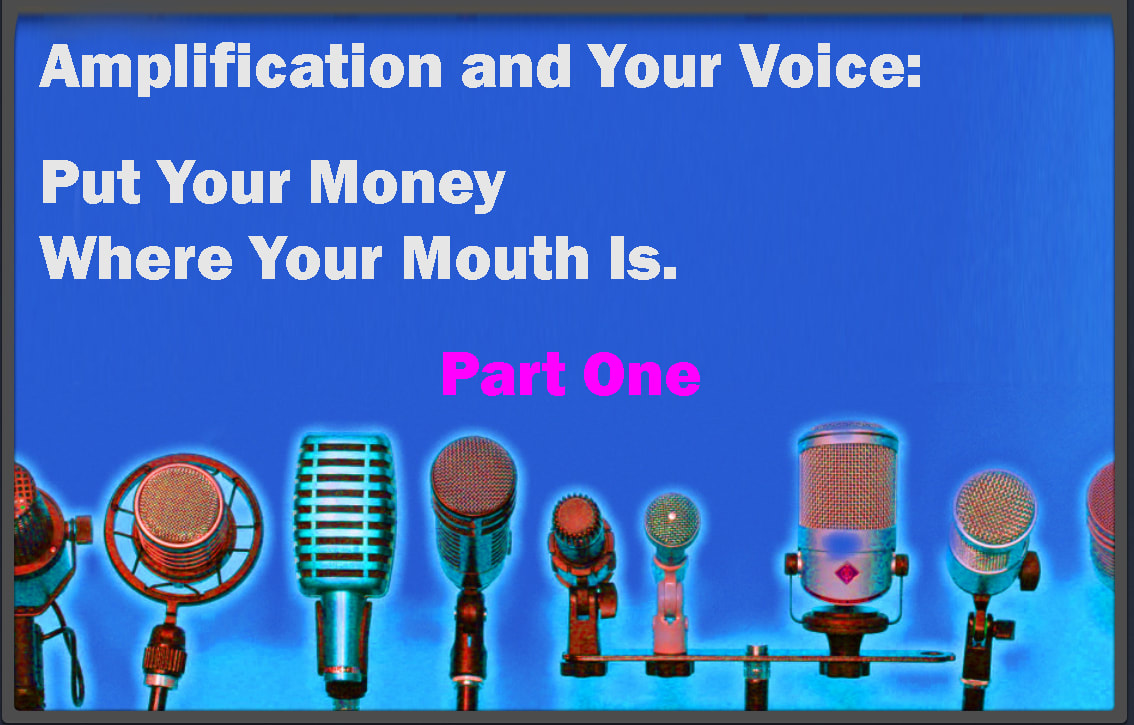
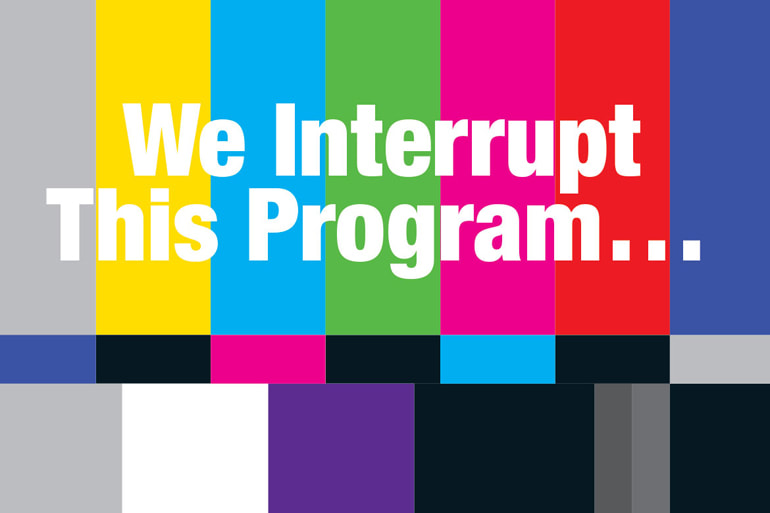

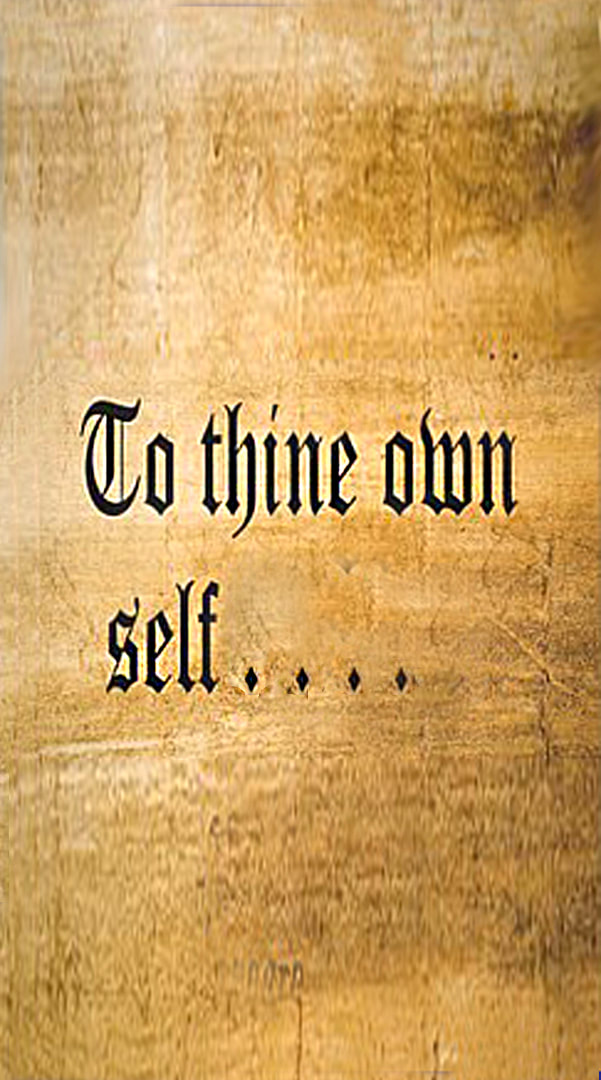
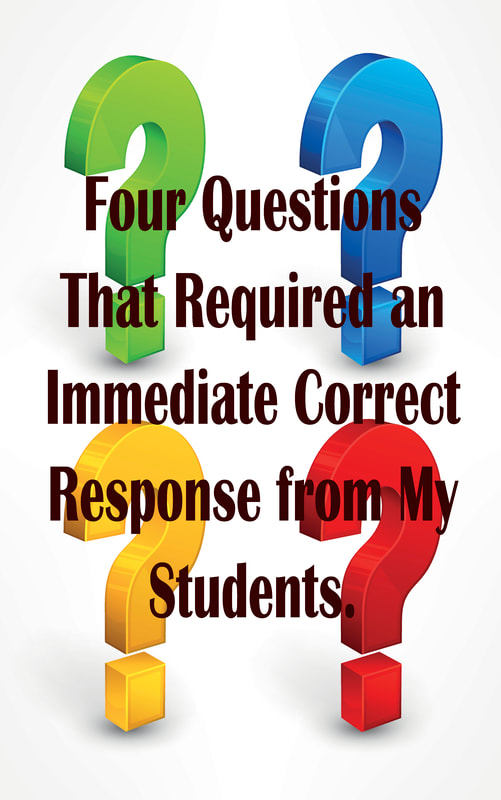
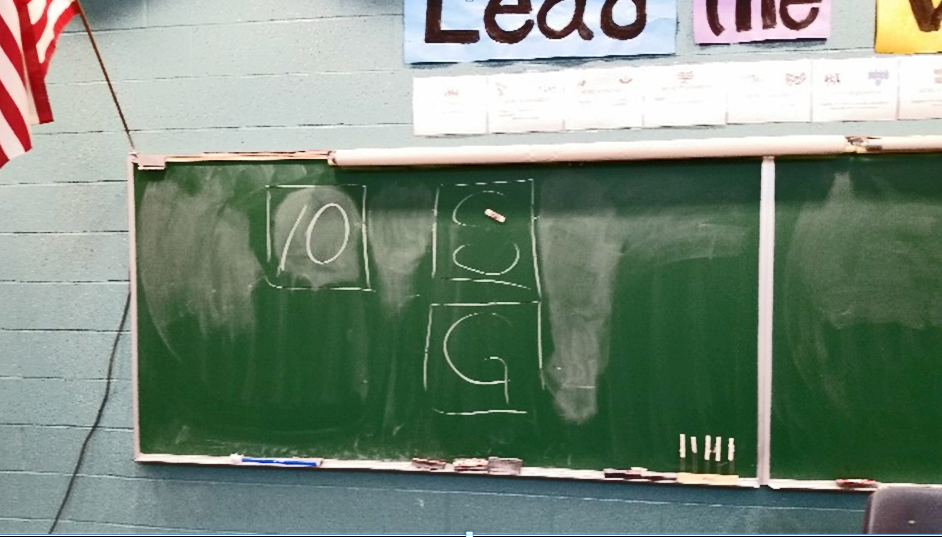

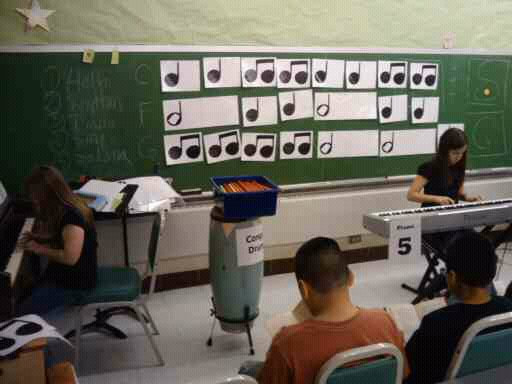
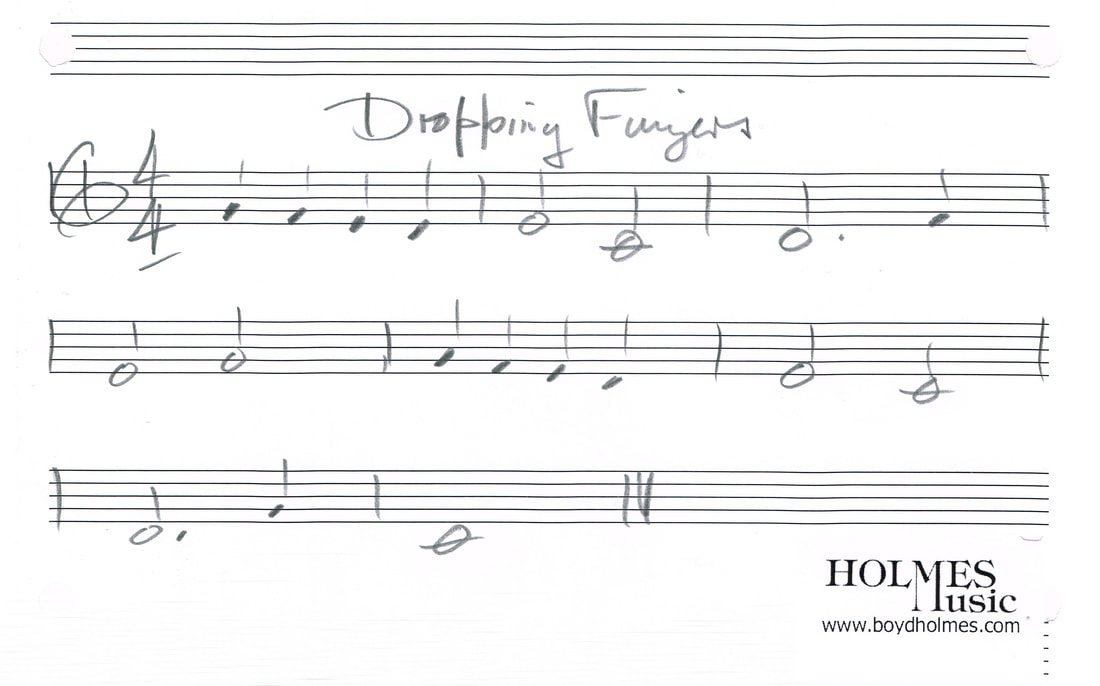
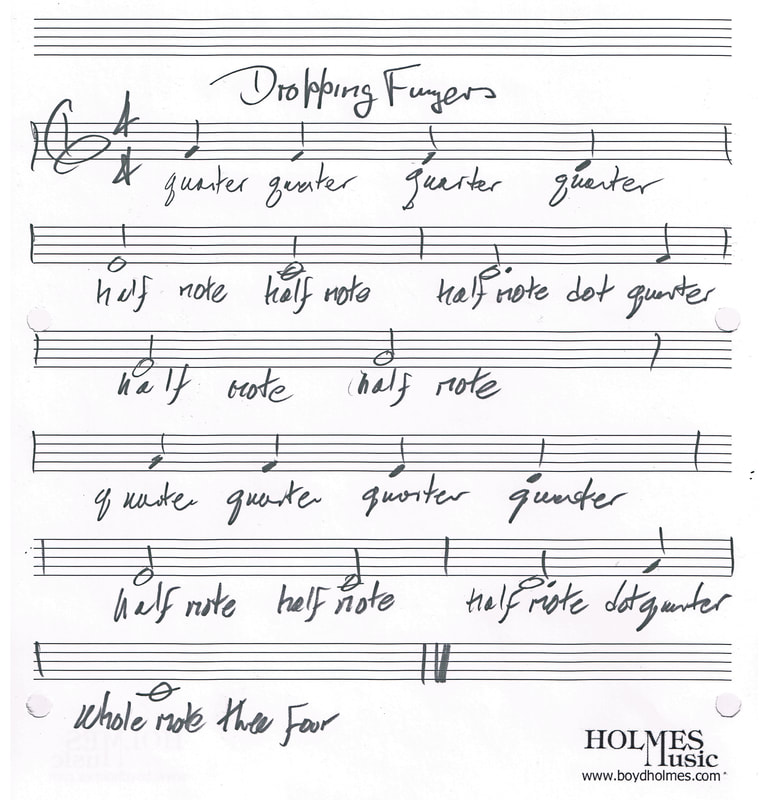
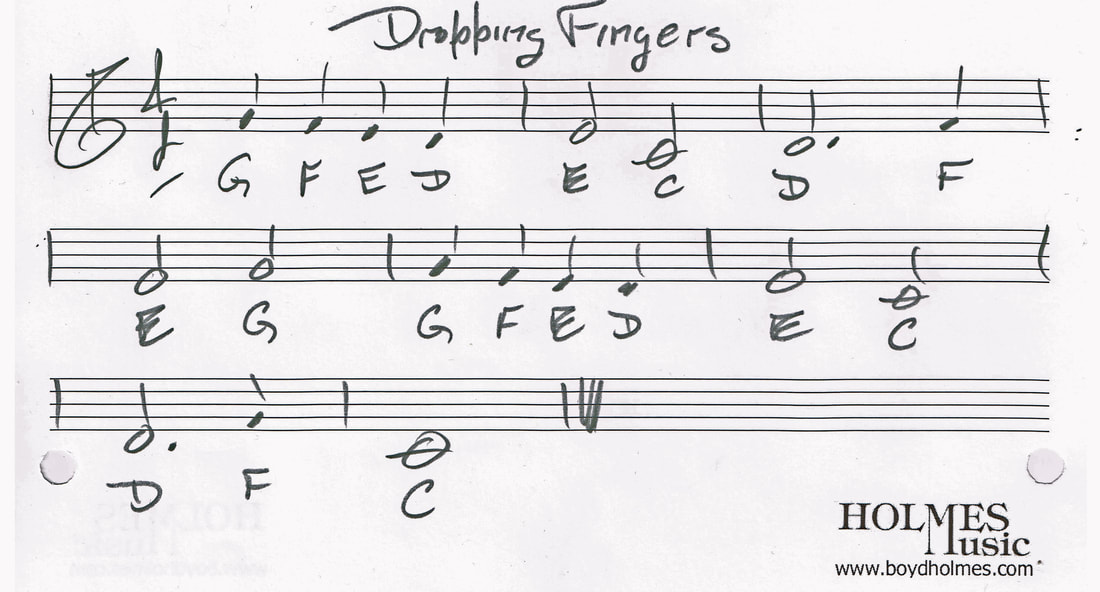
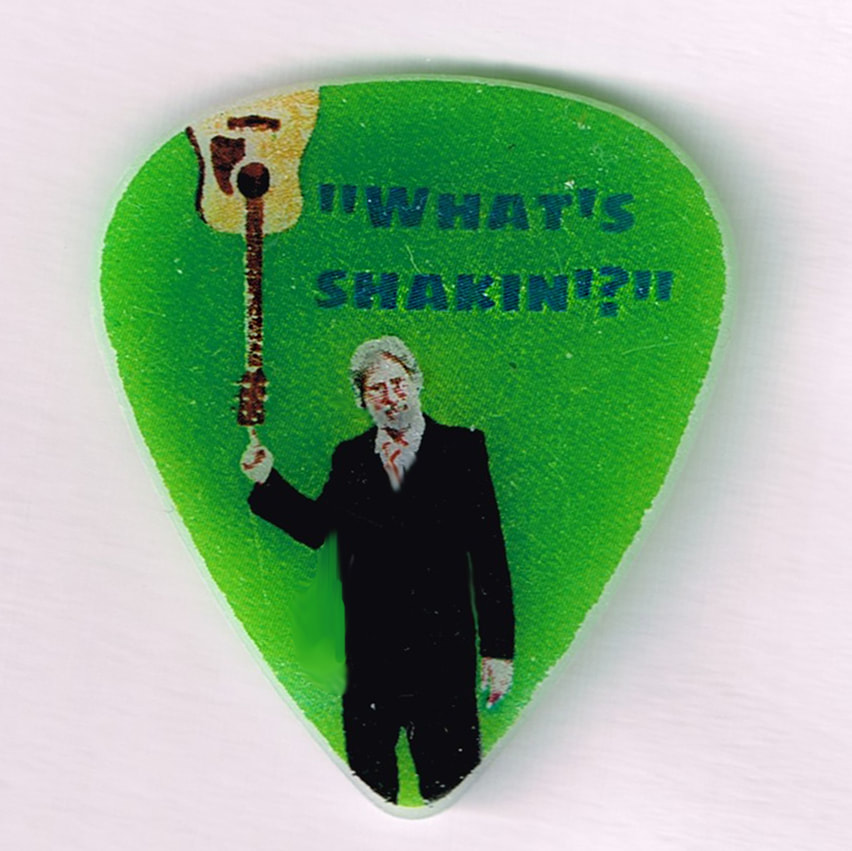


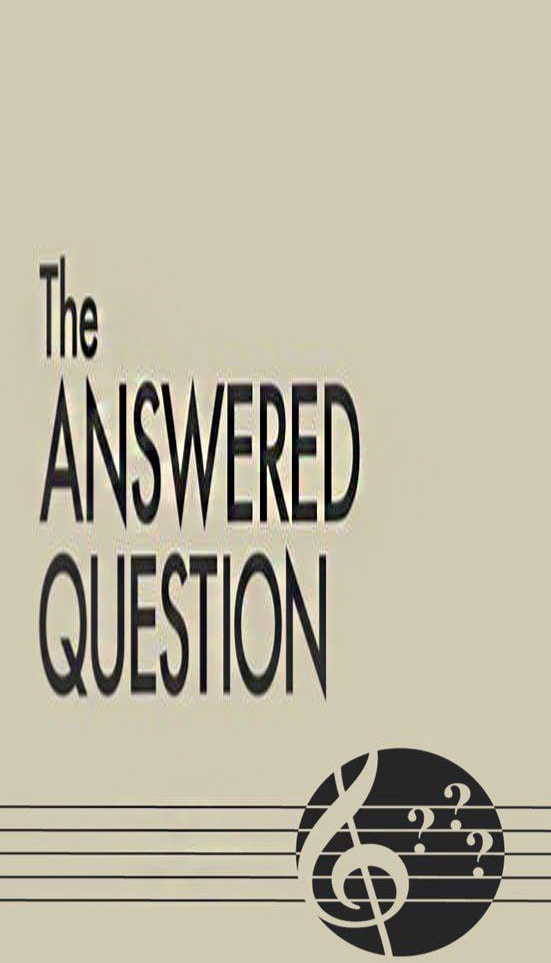

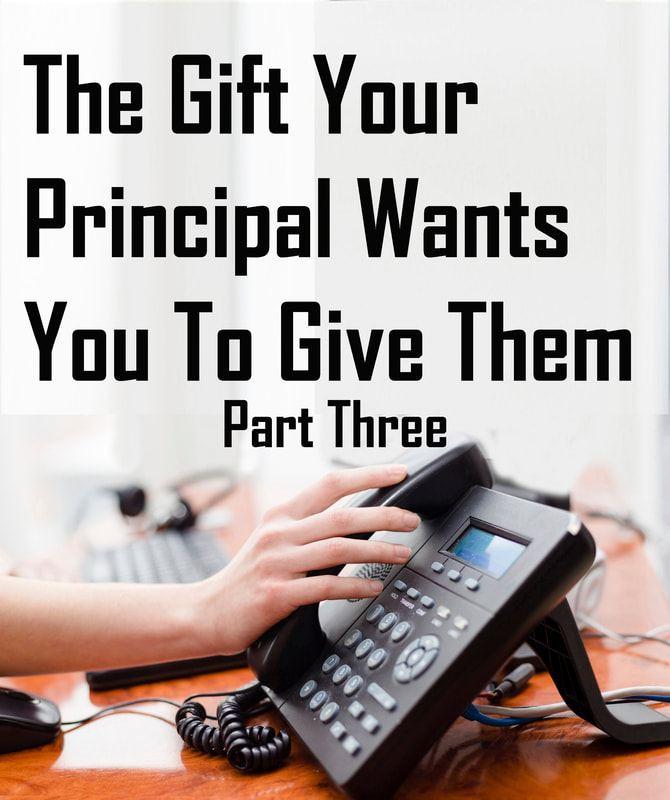
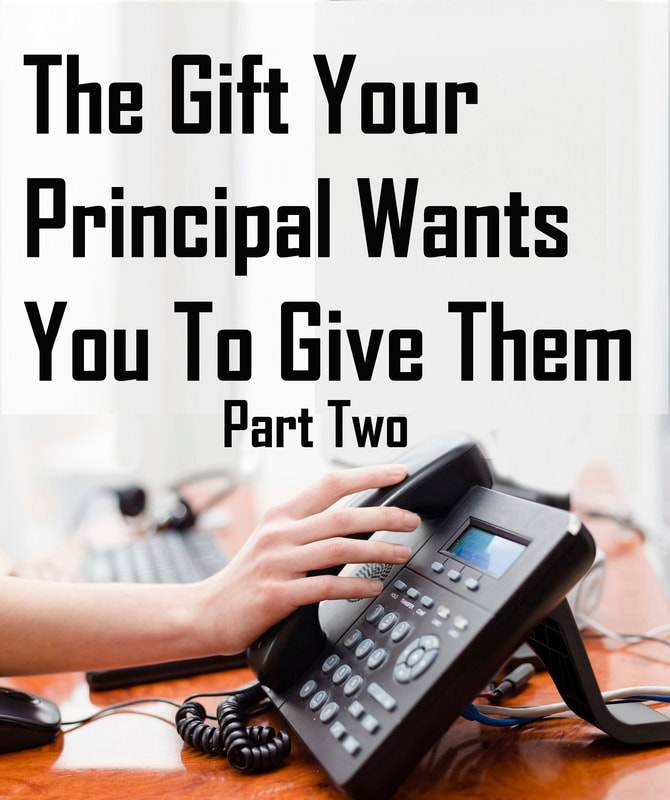
 RSS Feed
RSS Feed